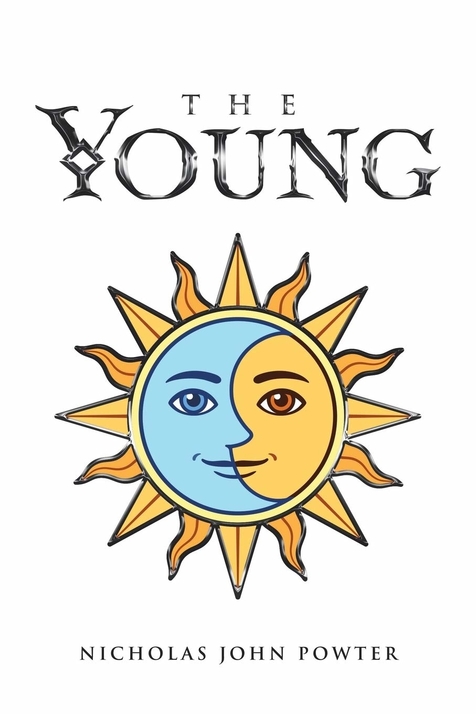
Sven, a former warrior of the Telfmare, uproots his young son, Fren, from the relative safety of their home in The Deluge to embark on a quest to save a friend’s wife who’s been abducted and taken deep into the forests. Their quest ultimately becomes more personal as the two go in search of Sven’s estranged older son, Dason, which soon has them pitted against a much larger adversary. Despite being a veteran warrior who yearns for a peaceful existence for himself and his son, Sven doesn’t think twice about wielding his weapon and killing man and beast in order to keep himself and his son safe as their journey quickly becomes fraught with peril at every turn.
Arguably, one of the most important elements in writing fantasy fiction is world building through a well-developed setting, where societal customs, history and lore are established. Although The Young has forests and black trails, fantastical scaled beasts that bleed translucent white blood and formidable enemies that have the power to mesmerize and paralyze, the fantasy world Powter has created also contains paradoxical references to modern-day mansions, yellow mailboxes and silk tablecloths that seem strangely out of place. The author’s fantasy world may burn bright in his imagination but his world needs to be better articulated in order for it to be believable so that readers can fully invest in his story. Inconsistencies in speech and colloquial usage of terms such as “Dad” and “Hey” also give rise to questions about the time and place in which the story is set.
Powter has managed to steer relatively clear of overused fantasy tropes but there are nevertheless various secondary characters that don’t really enhance the plot yet are the subject of unnecessary descriptive passages. As with most stories in this genre, there is plenty of gore, graphic imagery, and action to keep readers engaged but it’s the action sequences that seem to drive the dialogue. The dialogue between father and son comes across as stilted, with both characters appearing to talk at each other rather than to one another.
However, it is the author’s execution of his narrative that leaves the most to be desired. Abrupt shifts in points of view mid-paragraph, sentences containing grammatical and typographical errors, awkward sentence structuring, and lack of proper punctuation create many inconsistencies. The most jarring of the narrative foibles in The Young is, by far, Powter’s constant reference to “our heroes” and “our protagonists” throughout, which has the adverse effect of pulling readers out of the story rather than engaging them.
Despite some nice moments of vulnerability and strength of character exhibited by Powter’s protagonists, the articulation of narrative and setting in The Young will make it difficult for fans of the genre to fully appreciate this relatively short story.
Available At

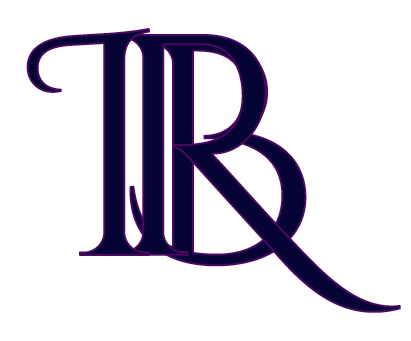

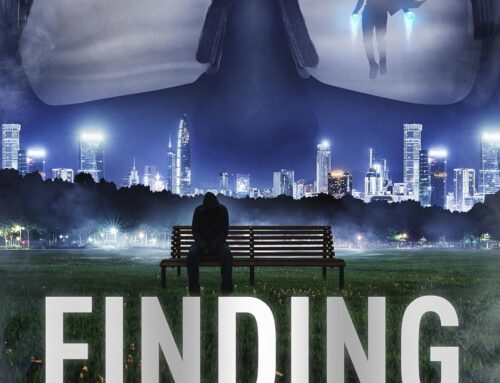
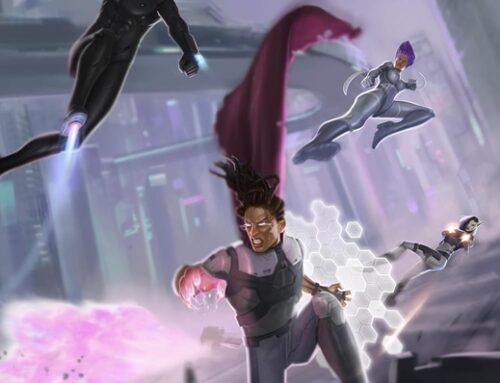



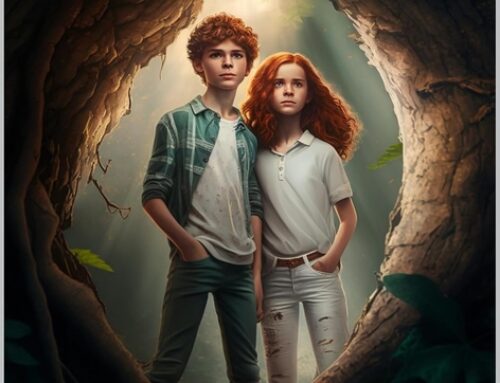
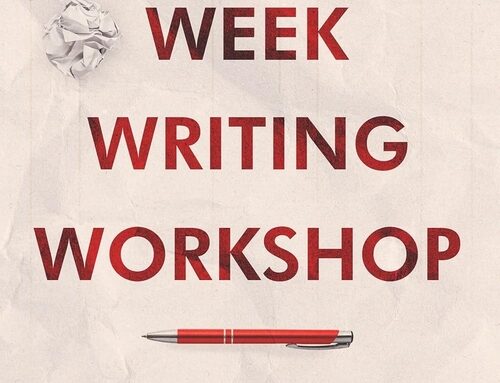

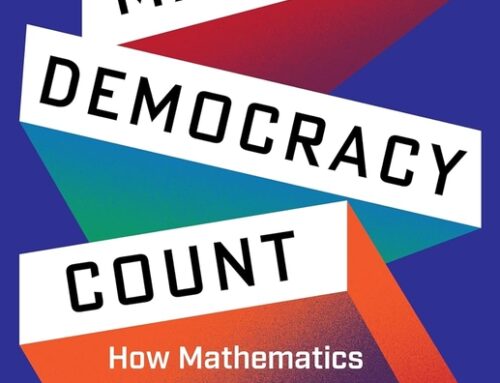
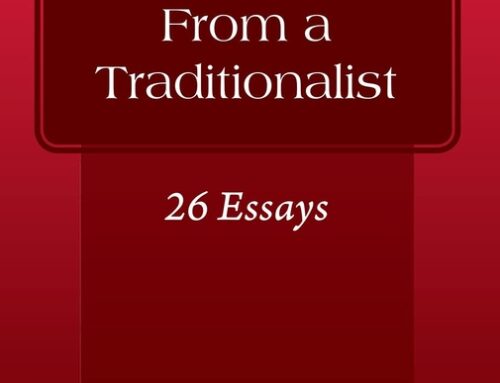
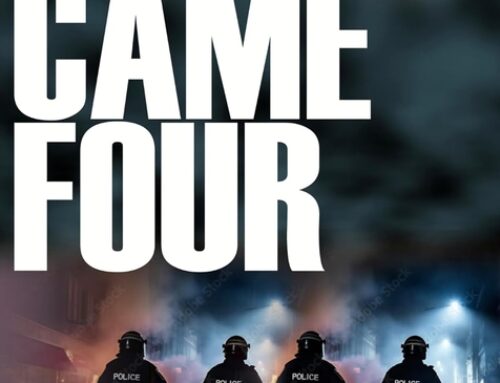
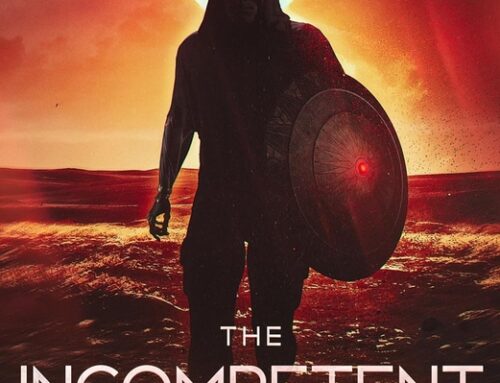



Leave A Comment